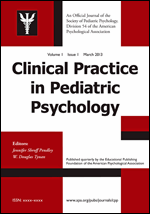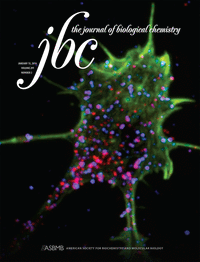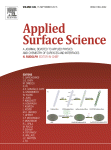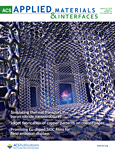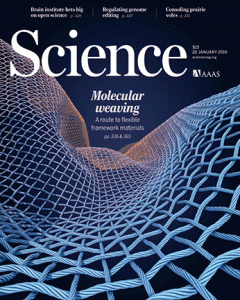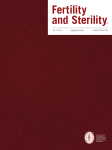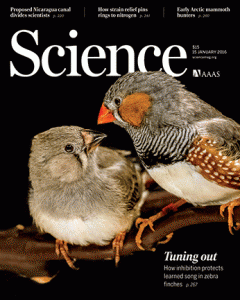 An investigation into a paper that compared infection rates from different types of central lines started with an allegation about a failure to disclose a conflict of interest, and ended up concluding that the science in the paper was flawed.
An investigation into a paper that compared infection rates from different types of central lines started with an allegation about a failure to disclose a conflict of interest, and ended up concluding that the science in the paper was flawed.
The 2013 paper — now retracted by the American Journal of Infection Control — suggested a particular kind of connector between the catheter and the patient could reduce some of the notoriously deadly bloodstream infections associated with the procedure, according to a press release that publicized the work. But last year, the journal issued an expression of concern for the paper, noting there were questions about the data. The retraction note reveals an investigation at Georgia Regents University — now known as Augusta University — started looking into undisclosed conflicts of interest in the paper, and ultimately concluded the science was flawed.
Here’s the retraction note, published in the January 1st 2016 issue of the journal, for “Comparison of central line-associated bloodstream infection rates when changing to a zero fluid displacement intravenous needleless connector in acute care settings”
Continue reading Investigation of undisclosed conflicts in catheter paper uncovers flawed data, too

